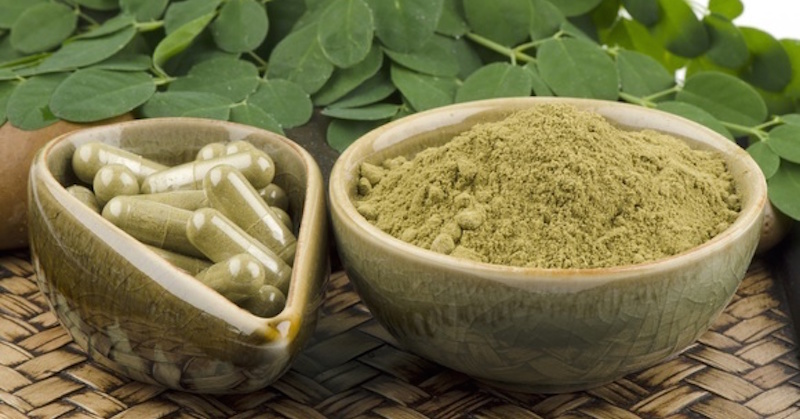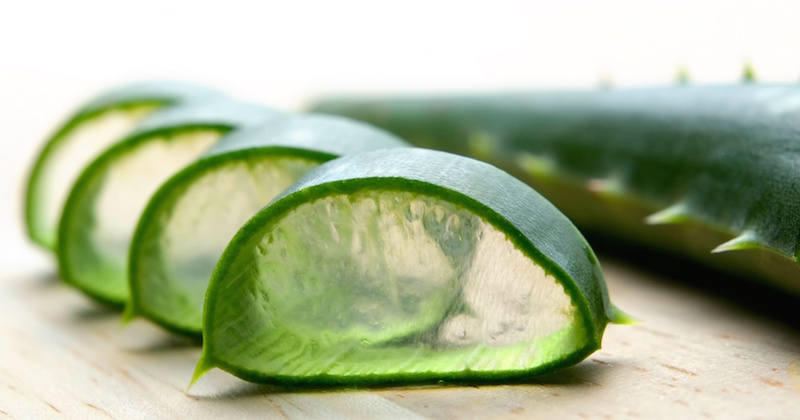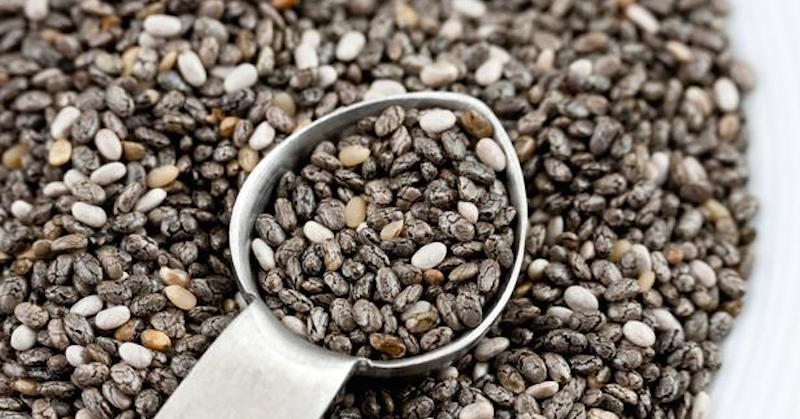5 Superior Gut Healthy Foods You Need To Eat Regularly
Last updated on
Your lifestyle can be generally healing and supportive of good health, or the root of disease. Exercise, for example, has been shown to be as effective as modern drugs for heart disease and diabetes. Likewise, food has tremendous healing potential, and can rightfully be viewed and approached as “medicine.”
In some cases, specific food items can help speed healing of an acute health problem, such as a bout of cold or flu. In other cases, the effect is more long-term and preventive in nature. Either way, keeping your kitchen stocked with REAL foods, i.e. unprocessed, whole, and non-GMO (ideally organic and locally grown) is a wise move if you seek to optimize your health and quality of life.
Here, I’ll review and summarize a few of my “medicinal superfood” favorites.
Gut Healthy Foods
Supporting your gut microbiome is perhaps one of the most beneficial things you can do to boost your overall health. Indigestion, gas or bloating, constipation or diarrhea, or virtually any chronic disease, are signs indicating your gut flora is out of balance.
Traditionally fermented, unpasteurized foods are key here, as they help reseed your gut with a wide variety of beneficial bacteria. Not only does about 80 percent of your immune system originate in your gut, microbes carry out important roles in many other biological systems as well.
Examples of foods known to support your gut health include (but are not limited to) the following:
5 Superior Gut Healthy Foods You Need To Eat Regularly
1. Fermented Vegetables
You can easily make fermented vegetables at home. They typically contain higher levels of probiotics than probiotic supplements, making them ideal for optimizing your gut flora.
Ideally, you’ll want to consume a variety of fermented foods to maximize the variety of beneficial bacteria, as each have their own set of benefits.
Kimchi, for example, a traditional Korean dish made from fermented vegetables and a spicy blend of chili peppers, garlic, scallions, and other spices, is an excellent source of lactic acid bacteria, which research suggests can help you detoxify insecticides.
These manmade neurotoxic chemicals bioaccumulate in your body, where they can remain for long periods of time if you don’t take steps to eliminate them.
Make your own kimchi or sauerkraut.
2. Bone Broth
Bone broth is extremely healing to your gut and forms the foundation for the GAPs diet, which is based on the Gut and Psychology Syndrome (GAPS) principles developed by Dr. Natasha Campbell-McBride.
The GAPS diet is designed to heal leaky gut, which is the root of many allergies and autoimmune disorders. When combined with toxic overload, you have a perfect storm that can lead to neurological disorders like autism, ADHD, and learning disabilities.
Read about the many health benefits of bone broth and how to make it yourself to heal from leaky gut.
3. Moringa Oleifera
Moringa oleifera, a plant native to India, Pakistan, Bangladesh, and Afghanistan, has a long history of medicinal use. The leaves contain plenty of vitamins and minerals, and can be used in the same ways as spinach (raw, steamed or cooked).
It’s also high in fiber, and has antibacterial activity. Importantly, moringa contains isothiocyanates shown to protect against Helicobacter pylori (H. pylori) infection, which has been implicated in ulcers, acid reflux, and gastric cancer.
4. Aloe Vera
Aloe vera aids the absorption of nutrients, and helps heal your gut lining to prevent leaky gut and other intestinal problems, including Crohn’s disease, colitis, irritable bowel syndrome (IBS), and acid reflux.
Aloe vera juice (made from the inner clear gel) should ideally be made from home-grown aloe with leaves that are one half to one inch thick before harvesting. Species that produce thick leaves are best.
5. Chia seeds
Chia seeds contain about 10 grams of fiber in just two tablespoons, and they’re rich in anti-inflammatory phytochemicals for soothing gastrointestinal distress.
Along with fermented foods, fiber is very important for optimal gut health. Some microbes ferment fiber, and the byproducts nourish your colon.
Some of these fermentation byproducts also help calibrate your immune system, thereby preventing inflammatory disorders such as asthma and Crohn’s disease.
Psyllium is another excellent choice, but make sure it is organic as this is a crop that is typically very heavily contaminated with pesticides.
Taking psyllium three times a day could add as much as 18 grams of soluble and insoluble fiber to your diet. In addition to supporting healthy digestion, soluble fibers such as organic psyllium are prebiotics that help nourish beneficial bacteria.
Extract from article in DrMercola.com, republished here with permission.
Some of the links I post on this site are affiliate links. If you go through them to make a purchase, I will earn a small commission (at no additional cost to you). However, note that I’m recommending these products because of their quality and that I have good experience using them, not because of the commission to be made.






































 JOIN OVER
JOIN OVER
Comments